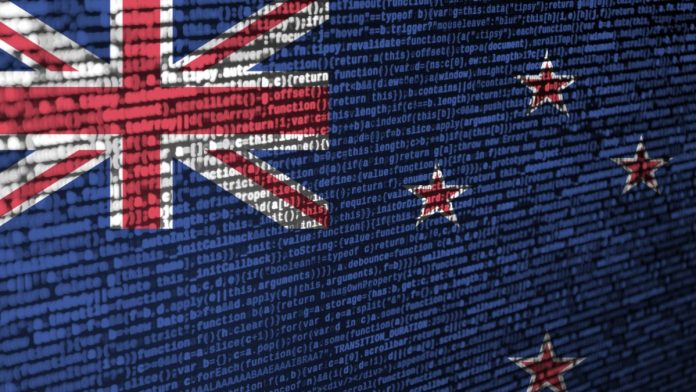New Zealand is the latest country to take forward steps in developing a Central Bank Digital Currency (CBDC), with the country’s central bank planning a consultation.
The Reserve Bank of New Zealand consultation will be open from 17 April-26 July 2024 as the financial institution seeks to inform its development of a New Zealand Dollar (NZD) CBDC with views from various New Zealanders.
The bank stated that it wants to find out what the perceived challenges and benefits are to New Zealanders, but also concerns. These areas have been covered extensively in similar consultations held by other country’s central banks.
Ian Woolford, the Reserve Bank’s Director of Money and Cash, explained that the bank is eyeing up what it calls ‘digital cash’ as a ‘new type of money’ to sit alongside physical banknotes and coins as well as electronic money.
“Digital cash would ensure that central bank money is available to all New Zealanders and able to be used digitally,” Woolford continued.
“It would also help enable a money and payments system that is innovative, competitive and contributes to the development of New Zealand’s digital economy.
“It would be the first digital form of New Zealand currency backed by the government and available to the public. Physical cash in banknotes and coins would still be available, so people would have the option to use either digital or physical cash.
“You would likely need a digital wallet, payment card or phone app to access your digital cash. You wouldn’t need a commercial bank account to use it.”
Woolford added that the Reserve Bank has taken note of global payments and fintech innovations, particularly those in the digital and blockchain sphere. These include cryptoassets, distributed ledgers, smart contracts, and digital currencies.
New Zealand’s financial authorities want to ensure that the country will not get left behind and that the money of its businesses and consumers will ‘stay relevant’ whilst also protecting its ‘monetary authority’.
In particular the bank sees CBDCs as a way for New Zealand to bridge the gap when it comes to instant payments, as currently New Zealanders are only able to make such transactions when both the paying and receiving parties use the same bank.
Whilst this is undeniably a benefit for customers, the Reserve Bank will likely come across some public concerns, notably around privacy. This has been exposed vocally in some other countries – for example, former US President and 2024 nominee Donald Trump cited this when he pledged that he would ‘nix central bank digital currency’.
In its statement on the consultation, the NZ Reserve Bank appeared to note these concerns. The bank stated that its version of ‘digital cash’ will be private and secure, and that the central bank will not have control of how people spend their money.
Wooldford concluded: “Just like physical cash, digital cash would be denominated in New Zealand dollars and issued by the Reserve Bank. It could be swapped 1:1 with physical cash, and other forms of NZD, like the electronic money in your bank account.
“We are planning for a future in New Zealand that has less cash, but not one that is cash-less. We are committed to continuing to make cash available in forms that New Zealanders want to use.”




















